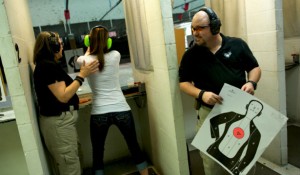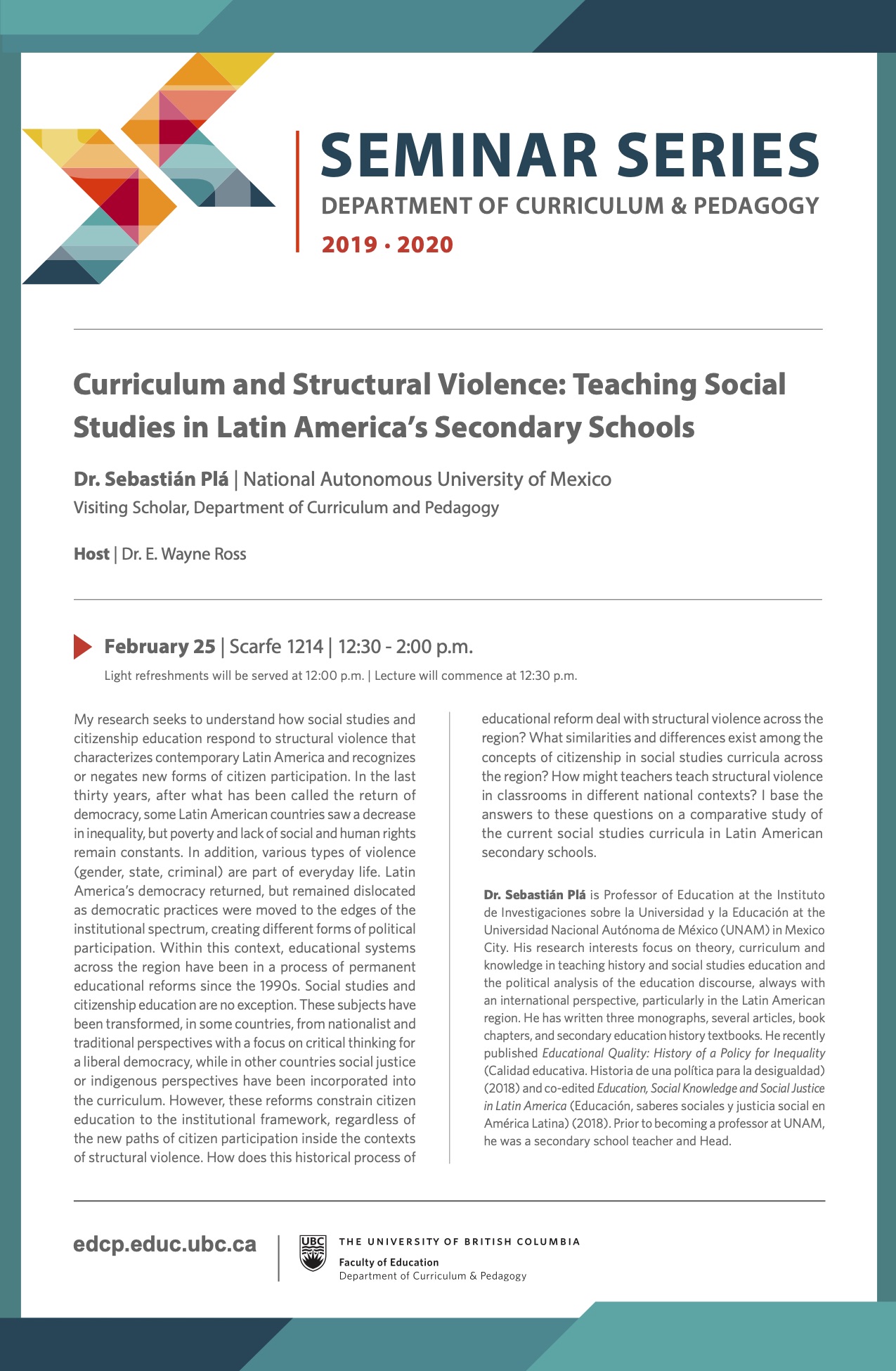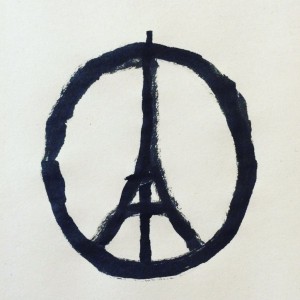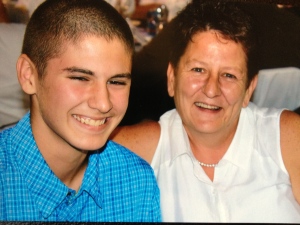With ICES
-
Recent Posts
- New issue of Critical Education published
- Call for Manuscript Reviewers
- New Issue: Critical Education, Vol. 15, No. 3
- Palestinian Liberation in Education: Solidarities and Activism for a Free Palestine — Special Issue Call for Manuscripts
- Neoliberal Capitalism and Public Education: Special issue of Critical Education (Call for submissions)
Recent Comments
- iit coaching in noida sector 62 on Working toward tuition free post-secondary education in BC and Canada
- Ahlam N Abdel Rahman on Workplace: A Journal for Academic Labor
- OJEDOKUN OLALEKAN ELIJAH on E. Wayne Ross
- E Wayne Ross on Critical Education
- Dorothy Vaandering on Critical Education
ICES Calendar
July 2025 M T W T F S S 1 2 3 4 5 6 7 8 9 10 11 12 13 14 15 16 17 18 19 20 21 22 23 24 25 26 27 28 29 30 31 Archives
Categories
Meta
Blogroll
Trends
Academic freedom Adjuncts Administration BC education BC Liberals BCTF British Columbia Budgets & Funding Canada CFP CFPs citizenship conferences Contingent labor Contracts Critical Education critical pedagogy curriculum studies education policy education reform Equity Ethics Faculty Free speech Government ICES journals K-12 issues Legal issues neoliberalism Protests publications Research seminar Strikes Strikes & Labor Disputes Student Movement Students talks Teachers Testing UBC unions Working conditions Workplace JournalAuthors
Category Archives: Violence
Show Your Care open letter to the people of Europe #peace #jesuisparis #paris #worldpeace
OPEN LETTER
To the people of Europe,
In the face of the migration crisis over the last few months, Europe’s people demonstrated that they do not stand for a culture of fear, but for a culture of care. This idea now has to turn into a promise.
Now, more then ever, it is time to reach out again – responding to Friday’s violence with full-hearted, unquestioning openness, rather than with angst, distrust and anger.
On Friday, November 13, 2015, Europe was under attack. But it was not Paris, Europe, or the “West” that was under attack. What was under attack, and is under attack now, after the tragedy of Paris, is the inspiring, deeply touching care that people throughout Europe showed over the last few months – despite the shrill voices of a few.
In the very beginning of what is called the refugee crisis, a current of care and love ignited all Europe – and showed that this “crisis” was a crisis of governments, not of the people. You acted, where state action failed, and reached out in an effort of care and solidarity — with no regard to where people came from, or who they were. What mattered was reaching out a helping hand, And reaching out you did. Europeans stood up, raising their voices for those who had no standing and no voice.
Many people died on November 13, and the world was full of tears. But if we are not careful, there will be more violence and more tears. The people of Europe now stand at the precipice of a fundamental choice, a choice that will, without exaggeration, determine the fate of countless more lives.
We cannot respond to the terror of Paris with our own terror. We can not respond by putting up fences around Europe. We must not refuse to reach out to those who seek help, fleeing the same terror that swept over Paris. We can not give in to the fear that those who terrorize spread.
We are deeply concerned about how Europe and the world will react to this terror. Putting up fences, refusing helping hands, closing down where we need to be open, resorting to distrust where we should be faithful: This is what those who attacked us want. They did not attack Paris that night. They attacked what we stand for, what we belief with our whole heart: to be open to everyone, to help those who seek help, to be together in fraterinté .
But we are faithful: We saw how Europe can be. You proved to the world that Europe indeed can be a safe harbor in a stormy sea. When we now are faced with the painful catastrophe that happened in Paris, we cannot destroy the faith that the world, and particularly those who seek our help put in us. We are entrusted with a great responsibility: to care. This is who we are, and need to be.
Going forward, we must work together on many fronts:
- The media must not forget their responsibility for sobriety, avoiding reporting that fuels anger and xenophobia! And they must continue to report on the suffering of those who try to cross our borders, or who already live among us but without secure standing.
- Our governments must not respond to violence with violence. Governments must not give in to the hatred and frustration that pain so easily justifies. We must not repeat the mistakes of our history that ignited the terror in the first place. We must not become a place known for its fences, surveillance and paranoia. Europe much be a place and symbol of openness and freedom.
- And the people of Europe must remember their power and responsibility to become a model of civility for a new age. We must remember what was achieved in the response to the so-called migration crisis. We must remember that reaching out makes a difference – to individuals, and to the whole society we share
So, yes, we have faith: We believe that Europeans will hold high the ideals their societies are built upon.
We have faith that we will continue being touched by you.
As you will inspire us by your actions.
As you will continue to care.
Signed,
Canada Feds introduce cyberbullying legislation #education #bced #yteubc
In a tragic coincidence, on 9 September 2013 as the Federal Government of Canada was announcing plans to introduce cyberbullying legislation, Todd Loik committed suicide. His mother said “It was non-stop taunting” from about two years ago, with posts on Facebook– “nastiness,” she said.
This past Wednesday, 20 November 2013, the Federal Government introduced Bill C-13, legislation to criminalize certain actions that have been at the base of some of the more tragic cyberbullying cases in Canada. It is not a Cyberbullying Bill per se but can be seen as a preventive measure (see Bill C-13, An Act to Amend the Criminal Code).
Cyberbullying legislation was proposed in the past by various parties at the Federal level but nothing has been approved. See for example, Bill C-273 (2011) and Bill M-385 (2012).
This latest measure, Bill C-13, seems to have support of all parties. It is based on the FPT meeting of October 2012 This resulted in the Cyberbullying and Non-Consensual Distribution of Intimate Images report, released in June 2013.
Posted in BC Education, Government, K-12 issues, Legal issues, Students, Teachers, Violence
Tagged BC education, Ethics, Government, K-12 issues, Students
States Push Ahead With Plans to Arm Teachers

An instructor helps a student at a teachers-only firearms training class in Sarasota, Florida on January 16. (Reuters)
The Atlantic, Emily Richmond, January 22, 2013 — In the wake of the Sandy Hook tragedy, lawmakers are moving quickly to respond to the public outcry to do more to ensure schools are safe. But will arming teachers — or putting an armed guard at every school in the nation, as the NRA has suggested — make a meaningful difference? Or would it actually increase the risk of harm, as some gun control advocates contend?
Republican Senator Rand Paul of Kentucky recently addressed those concerns with a degree of candor that might not help advance his crusade to allow educators to pack heat. At an event with business leaders in Oldham County (as recorded by the Louisville Courier-Journal), Rand said the following: “Is it perfect? No. Would they always get the killer? No. Would an accident sometimes happen in a melee? Maybe.”
Labor groups and associations representing the nation’s school teachers and principals have already saidthat asking educators to be prepared to respond to an armed intruder with similar firepower is an unreasonable burden. At the same time, there’s also been a reported spike in interest among some teachers who say they want to know what their options are when it comes to protecting themselves — and possibly their students — from an armed intruder on campus.
For more than decade, the Utah Shooting Sports Council has offered free weapons training to teachers. The first class of the new year brought ten times the normal enrollment, the Salt Lake Tribune reported. The class covers the fundamentals of applying for a concealed weapons permit, carrying a weapon, and using it to respond to an emergency. And the training doesn’t just focus on how to respond with a gun. Teachers are also taught techniques such as “gouging an attacker’s eyes, choking an attacker and how to hide,” according to the Tribune.
Utah teachers are far from the only ones expressing increased interest in concealed weapons. There has also been a jump in inquiries at gun training clinics in Florida, according to the Palm Beach Post, even though the state bans nearly all weapons at public schools.
Read More: The Atlantic
Posted in Government, Legal issues, Students, Teachers, Violence
Tagged Legal issues, Students, Working conditions
Henry A. Giroux | The War Against Teachers as Public Intellectuals in Dark Times
Truth-Out December 17, 2012. The tragic deaths of 26 people shot and killed at Sandy Hook Elementary School in Newtown, Conn., included 20 young children and six educators. Many more children might have been killed or injured had it not been for the brave and decisive actions of the teachers in the school. The mainstream media was quick to call them heroes, and there is little doubt that what they did under horrific circumstances reveals not only how important educators are in shielding children from imminent threat, but also how demanding their roles have become in preparing them to negotiate a world that is becoming more precarious, more dangerous – and infinitely more divisive. Teachers are one of the most important resources a nation has for providing the skills, values and knowledge that prepare young people for productive citizenship – but more than this, to give sanctuary to their dreams and aspirations for a future of hope, dignity and justice. It is indeed ironic, in the unfolding nightmare in Newtown, that only in the midst of such a shocking tragedy are teachers celebrated in ways that justly acknowledge – albeit briefly and inadequately – the vital role they play every day in both protecting and educating our children. What is repressed in these jarring historical moments is that teachers have been under vicious and sustained attack by right-wing conservatives, religious fundamentalists, and centrist democrats since the beginning of the 1980s. Depicted as the new “welfare queens,” their labor and their care has been instrumentalized and infantilized; [1] they have been fired en masse under calls for austerity; they have seen rollbacks in their pensions, and have been derided because they teach in so-called “government schools.” Public school teachers too readily and far too pervasively have been relegated to zones of humiliation and denigration. The importance of what teachers actually do, the crucial and highly differentiated nature of the work they perform and their value as guardians, role models and trustees only appears in the midst of such a tragic event. If the United States is to prevent its slide into a deeply violent and anti-democratic state, it will, among other things, be required fundamentally to rethink not merely the relationship between education and democracy, but also the very nature of teaching, the role of teachers as engaged citizens and public intellectuals and the relationship between teaching and social responsibility. This essay makes one small contribution to that effort.
The War Against Public School Teachers
Right-wing fundamentalists and corporate ideologues are not just waging a war against the rights of unions, workers, students, women, the disabled, low-income groups and poor minorities, but also against those public spheres that provide a vocabulary for connecting values, desires, identities, social relations and institutions to the discourse of social responsibility, ethics, and democracy, if not thinking itself. Neoliberalism, or unbridled free-market fundamentalism, employs modes of governance, discipline and regulation that are totalizing in their insistence that all aspects of social life be determined, shaped and weighted through market-driven measures.[2] Neoliberalism is not merely an economic doctrine that prioritizes buying and selling, makes the supermarket and mall the temples of public life and defines the obligations of citizenship in strictly consumerist terms. It is also a mode of pedagogy and set of social arrangements that uses education to win consent, produce consumer-based notions of agency and militarize reason in the service of war, profits, power and violence while simultaneously instrumentalizing all forms of knowledge.
The increasing militarization of reason and growing expansion of forms of militarized discipline are most visible in policies currently promoted by wealthy conservative foundations such as the Heritage Foundation and the American Enterprise Institute along with the high-profile presence and advocacy of corporate reform spokespersons such as Joel Klein and Michelle Rhee and billionaire financers such as Michael Milken.[3] As Ken Saltman, Diane Ravitch, Alex Means and others have pointed out, wealthy billionaires such as Bill Gates are financing educational reforms that promote privatization, de-professionalization, online classes, and high-stakes testing, while at the same time impugning the character and autonomy of teachers and the unions that support them.[4] Consequently, public school teachers have become the new class of government-dependent moochers and the disparaged culture of Wall Street has emerged as the only model or resource from which to develop theories of educational leadership and reform.[5] The same people who gave us the economic recession of 2008, lost billions in corrupt trading practices, and sold fraudulent mortgages to millions of homeowners have ironically become sources of wisdom and insight regarding how young people should be educated.
Read More: Truth-Out: Henry A. Giroux | The War Against Teachers as Public Intellectuals in Dark Times
Posted in Ethics, K-12 issues, Students, Teachers, Violence
Tagged Critical Education, K-12 issues, Students, Working conditions
Heartfelt Condolences for Children and Staff Shot in Connecticut
How I wish condolences could help. How I wish I could put words to an explanation for the senseless killing of 20 children and 6 adults today at the Sandy Hook Elementary School in Newtown, Connecticut today. How I wish research had just one meaningful word to say or insight to share. How I wish someone could utter one word of consequence. Empathy. Sympathy. How tragic this was, is, and will remain.


 Follow
Follow

